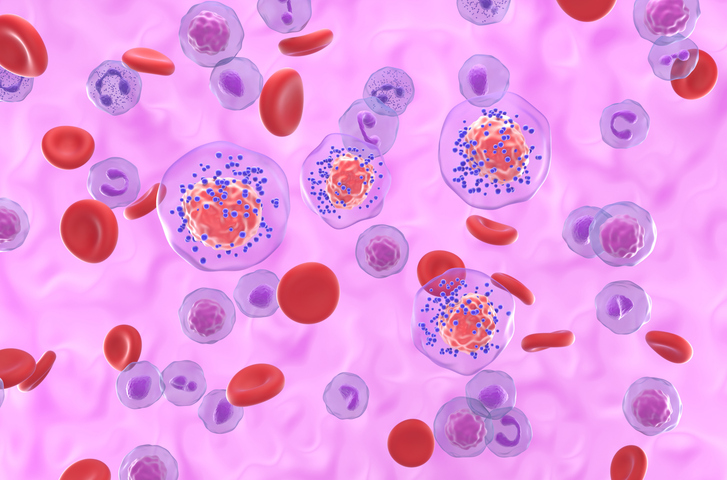
In a study published in JAMA Network Open, Dr. Emily L. Podany, Department of Medicine, Washington University in St Louis, Missouri, and colleagues reported on their findings from a multi-institutional cohort study that explored whether Black patients with metastatic breast cancer (mBC) have differences in genomic profiles compared with White patients and also sought to ascertain whether there are inequities in use of targeted treatment between these groups.
The study evaluated adult patients with mBC who had genomic profiling completed at academic institutions in the United States from January 1, 2015, to December 31, 2023. Data analysis was conducted between July 2023 and July 2024, and a validation cohort was also included.
The primary outcomes were variations in circulating tumor DNA (ctDNA) profiles and the utilization of phosphoinositide 3-kinase (PI3K), mammalian target of rapamycin (mTOR), and cyclin-dependent kinase 4/6 (CDK4/6) inhibitors between Black and White patients with mBC.
The study cohort consisted of 1,327 female patients with mBC, with a mean (SD) age of 58.0 (12.8) years, including 140 Black patients and 1,057 White patients.
Results revealed that in a multivariate analysis, Black patients had a considerably higher rate of GATA3 single-nucleotide variants (odds ratio [OR], 2.31; 95% CI, 1.17-4.54; P=0.02) and CCND2 copy number variants (OR, 4.63; 95% CI, 1.79-11.97; P=0.002). These findings were confirmed by a population-based evidence cohort consisting of 27,224 patients.
Among patients with PIK3CA single-nucleotide variants, Black patients were less likely to be prescribed PI3K inhibitors than White patients, with rates of 5.9% compared with 28.8% (P=0.04), and they were also less likely to be enrolled in clinical trials.
Results also revealed no variances in CDK4/6 or mTOR inhibitor use, which do not require a targetable alteration. Moreover, Black patients had shorter overall survival after ctDNA testing compared with White patients.
With regard to study limitations, the authors wrote, “Our study has several limitations. It is a retrospective cohort study, and comorbidities, lifestyle factors, and social determinants of health were not fully accounted for in the analyses. The study may have selection bias because the patients in this study had access to ctDNA testing at large, urban academic centers and opted into receiving it.”
The authors added, “The number of patients enrolled in clinical trials was small in our cohort, and it may be challenging to draw strong conclusions from these data. Self-reported race in this study may not accurately reflect genetic ancestry, which could provide a more precise understanding of the somatic tumor variations observed.”
The authors concluded that this study revealed that despite a comparable prevalence of PIK3CA alterations, there were somatic differences, shorter overall survival, and disparities in PI3K inhibitor use among Black patients with mBC compared with White patients.
“Researchers should consider these differences when designing future research and interventions to address the striking and persistent outcomes gap between Black and White patients with mBC,” concluded the authors.
Reference
Podany EL, Foffano L, Gerratana L, et al. Racial differences in ctDNA profiles, targeted therapy use, and outcomes in metastatic breast cancer. JAMA Netw Open. 2025;8(2):e2461899. doi:10.1001/jamanetworkopen.2024.61899







 © 2025 Mashup Media, LLC, a Formedics Property. All Rights Reserved.
© 2025 Mashup Media, LLC, a Formedics Property. All Rights Reserved.